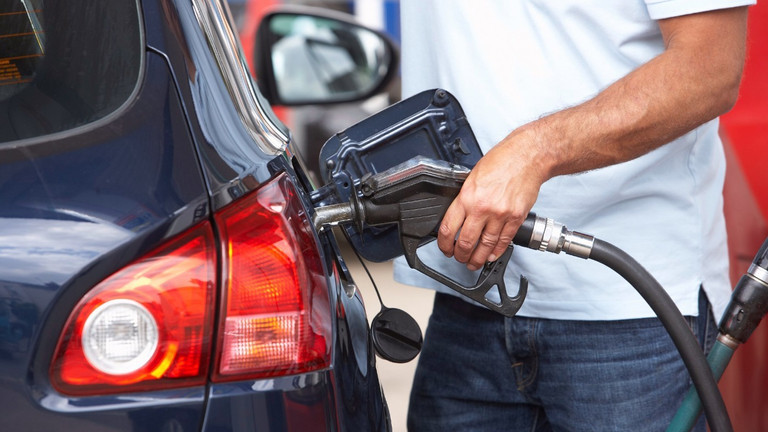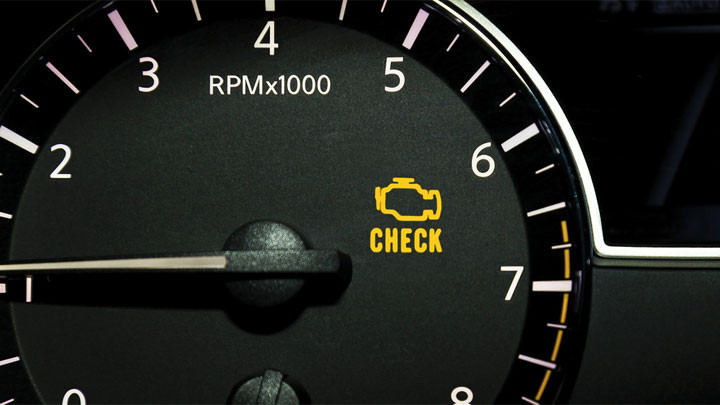Don't try to fill your car to the brim with gas if you don't want to damage it.
If drivers try to fill their tanks to the brim, not only will this cost them more money, it will also cause unwanted consequences.
When the car is full of gas, there will be drivers who feel unsatisfied and will ask the staff at the gas station or themselves to continue squeezing the pump to fill up as much fuel as possible even when the gas pump has automatically turned off.

In fact, this is a fairly common situation, but experts in the transportation industry say that trying to overfill the gas tank can have some unintended consequences.
Gasoline is not only a liquid but also a volatile substance. During operation, gasoline will expand as the temperature increases and if the tank is too full, it will create unnecessary pressure inside the tank.
Today, car manufacturers design the excess pressure in the tank to push gasoline vapors into the vehicle's selective emissions control (SCR) system. The vapors from the fuel tank are stored in the SCR system and then returned to the combustion chamber.
If the activated carbon filter is too full, it will cause the emission control system to not work properly, resulting in the emission of many harmful pollutants into the air, contributing to environmental pollution.
But that's not all. When users frequently overfill the gas tank, the SCR system's activated carbon filter can overfill with gasoline vapor, which can create too much pressure on the fuel combustion system, causing these components to malfunction, causing the "Check Engine" light to come on on the vehicle's dashboard.
In some serious cases, the activated carbon filter and many engine parts will be damaged and users will have to spend a lot of money to repair and replace them.
Furthermore, the fuel tank is always designed with a pump nozzle so that when the amount of fuel has reached the right level, the pump nozzle will automatically turn off. The excess amount of fuel will be sucked back through a small tube to the tank. This inadvertently causes the person filling the tank to pay more than the actual amount of fuel filled.

In addition, spilling excess fuel is not only wasteful but can also affect the vehicle's performance. At the same time, gasoline reacts with sunlight and evaporates, and people around who inhale this vapor will also be affected by the health.
Not only that, the excess gasoline will spill out and stick to the surface of the car, affecting the paint. If the car is not washed immediately, the spilled gasoline will cause yellow stains around the fuel filler neck area, which is very difficult to clean, causing the car to lose its aesthetic appeal.
So what is the point here? It is simple, drivers just need to fill the tank until the pump nozzle of the gas station automatically turns off, avoid trying to pump more than necessary. This will help the gas in the tank have space to expand.
By doing so, vehicle owners will not only prevent potential damage to their vehicle’s engine and emissions control systems, but will also create a cleaner environment. It’s a small action that can make a big difference.


